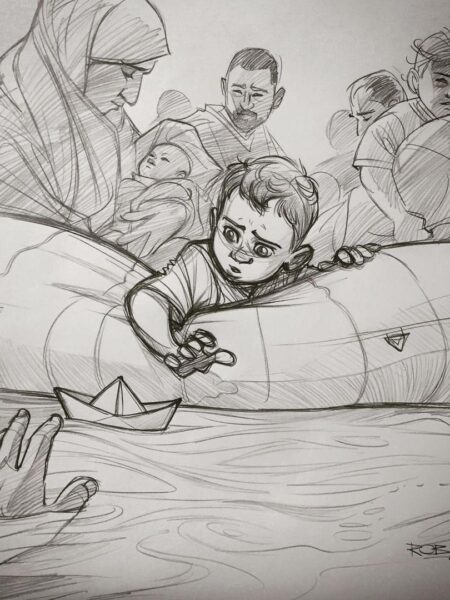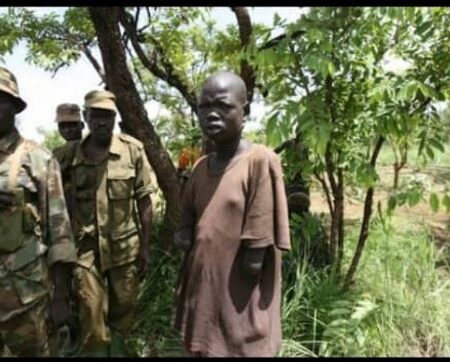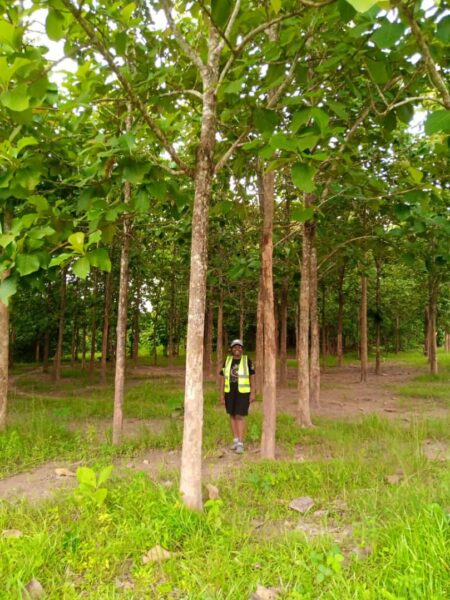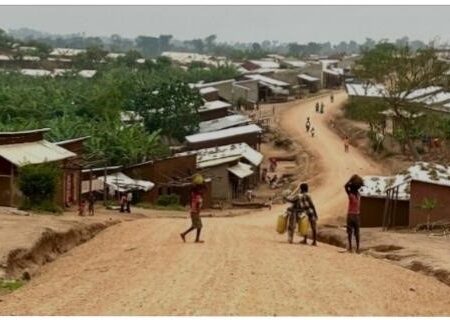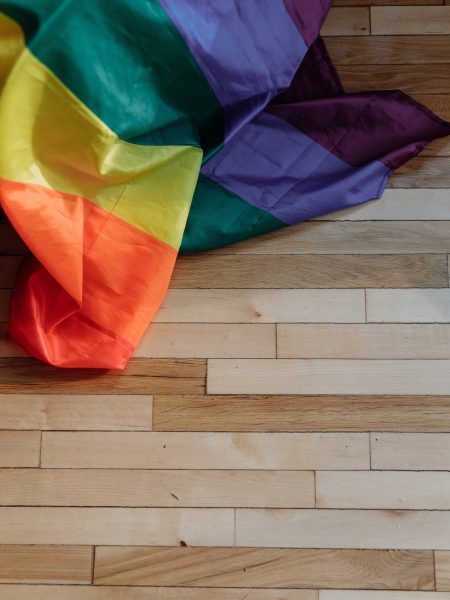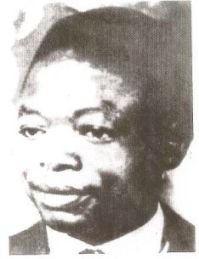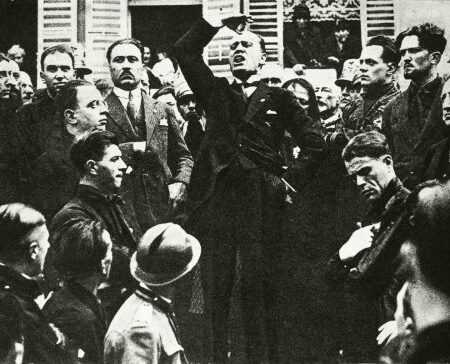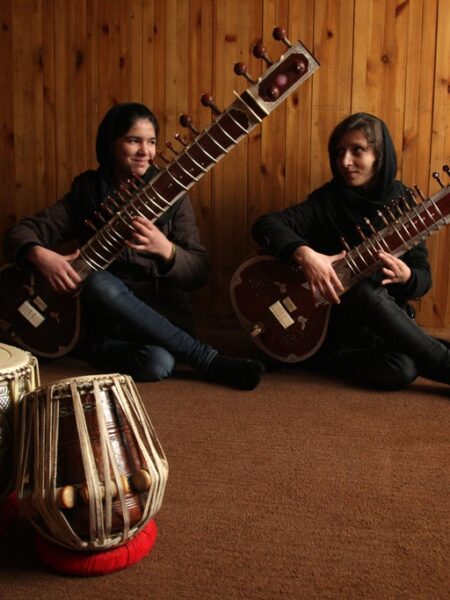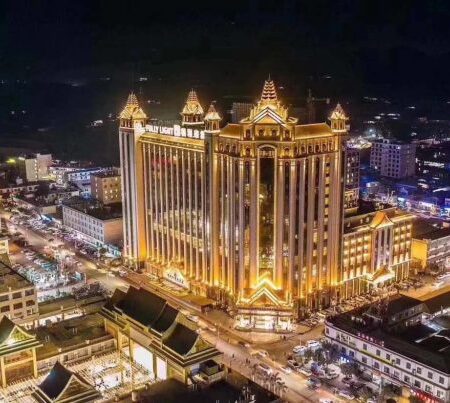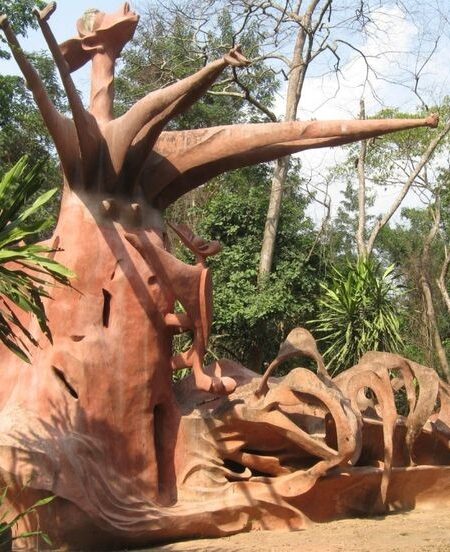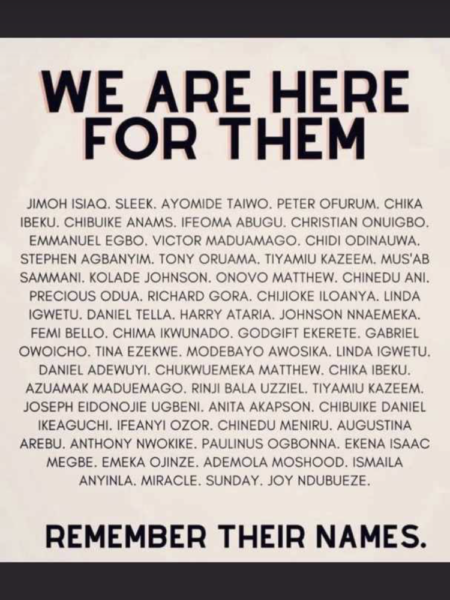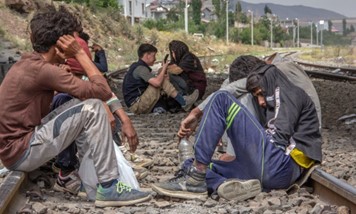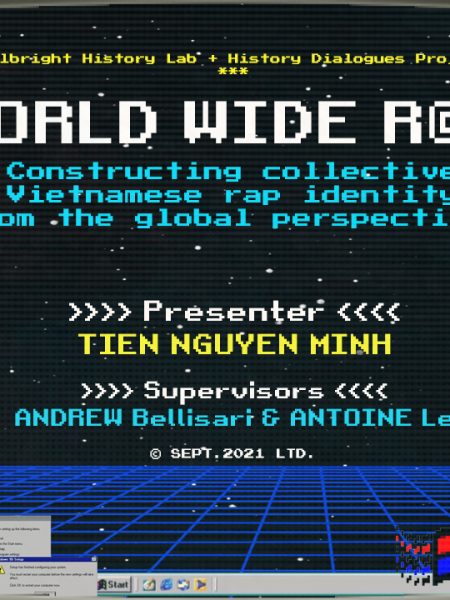Introduction
This collection of narratives sheds light on the experiences and challenges faced by young civic activists in Kyrgyzstan. Committed to making an impact in their communities, the activists navigate a complex landscape where human rights violations, cultural prejudices, and political pressures pose formidable obstacles. From empowering girls in rural areas to advocating for different rights and responding to crises, they demonstrate immense courage and resilience. However, their efforts often come at a high personal cost, as they confront threats, harassment, and societal backlash. Despite the risks, these young activists persist, embodying the hope for a brighter future and a more inclusive society in Kyrgyzstan. In this paper, I analyze and discuss the experiences and challenges that young Kyrgyz activists face. The data was collected through semi-structured interviews with three activists.
Literature review
Young people play a vital role in society and democratic changes in particular. Kyrgyzstan, being one of the post-Soviet and Central Asian states, was often considered an “island of democracy”. According to Gulzhigit Ermatov, international community’s development aid to this transitioning country put an emphasis on teaching liberal democracy while paying special attention to the youth. He argues that it is easier to influence and change young citizens’ political and value orientations. Young people are more flexible and receptive in terms of political views as well as more open-minded in comparison to the older population (Ermatov). Moreover, the youth of Kyrgyzstan has been tremendously active politically during the two revolutions of 2005 and 2010. Unfortunately, this also includes participation in acts of political violence and interethnic conflict in June 2010 in the southern regions of the country. It is crucial for the developing state to pay attention to the education and empowerment of younger generations. Therefore, young people are active agents of political, cultural, and civic transformation in Kyrgyzstan and need consideration.
According to a report by the Friedrich-Ebert-Stiftung (FES), civic participation in Kyrgyzstan has been limited due to the weak rule of law, lack of transparency, and widespread corruption. The report emphasizes the need for strengthening the civil society sector and promoting democratic participation to improve the situation (FES). Since the youth in Kyrgyzstan has been at the forefront of civic activism and social movements in the country, the report suggests creating spaces and platforms for young people to engage in civic activities and promote democratic values. Despite the international development projects aimed at increasing youth participation and empowerment, young people face many difficulties to engage in civic activism.
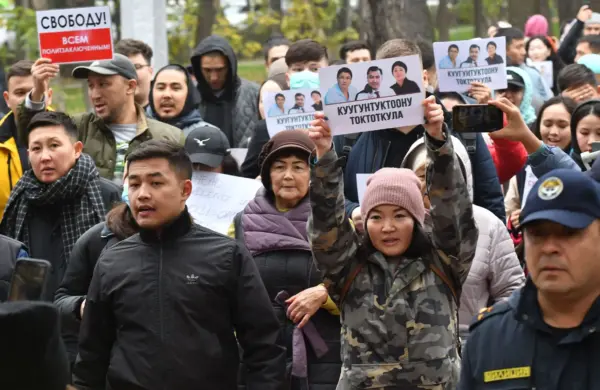
Nowadays, civic space is shrinking in Kyrgyzstan. This is due to the draft laws “On Mass Media” and “On Foreign Representatives”, as well as the implementation of the law “On Protection from Inaccurate (False) Information” (Jogorku Kenesh 2022). According to Mirab Opindi, the “Foreign Representatives” draft provides significant restrictions allowing the state to control and use it against target groups working on issues sensitive to authorities. “If the name of NGOs is considered to ’offend’ ’morality’ or ’national and religious feelings of citizens’ or – in the case of branches of foreign NGOs – if they are deemed to ‘pose a threat’ to ’national unity and identity’ or to ‘cultural heritage and national interests’.” This draft law limits the freedom of association. Moreover, two draft laws threatening media freedom are another cornerstone challenging journalists, civic activists, NGOs, and international organizations, and anyone expressing views contradicting the state’s. All of these draft laws with the mass arrests of activists, human rights defenders, and journalists opposing the state’s decision shed light on the question of safeguarding security and democratic values of civic space in Kyrgyzstan. In these emerging events, one of the vulnerable and underrepresented groups is the youth. In the next section, I bring to your attention the voices and narratives of young Kyrgyz activists.
Discussion
“For no longer I could remain silent and sit idly by,” told 21-year-old female activist Aizirek Erkebaeva. Previously, she used to participate as a volunteer at university events. However, after the brutal murder of another victim of Ala Kachuu, a bride kidnapping practice, the activist decided to launch her project Erkin Kyz at the age of 19. The ultimate mission of the project is to educate and empower girls in rural areas of Kyrgyzstan through workshops, raising awareness of women’s rights, and promoting girls in science, technology, engineering, and mathematics.
While many organizations are predominantly based in Bishkek and big cities, Erkebaeva was worried that very few of them helped girls from villages. That is why when she looks at the outcomes of her project she feels rewarded and excited. “You can see that the girls are all the same, regardless of where they are coming from. I mean really from places no one knows about… every day there is some sort of violence, pressure… and the girls still overcome it. And I do not know where they find that strength and fight for their future.” When girls write her that the platform has helped them to cultivate self-love and get to know their rights: “It is very motivating. I understand that if you helped only a girl to believe in herself, it means it is all for a reason.”
When exploring the very concept of civic activism, it can be quite vague and open to interpretation. To gain a deeper understanding, I asked the activists themselves. Their collective viewpoint highlights the diverse nature of civic activism, which encompasses a wide range of actions. These actions can include simple acts like cleaning up your neighborhood, using social media to raise awareness, volunteering, making donations, and even voting. “That is, it is not necessarily all the time that people are so active, that they go out there to peaceful demonstrations and so on, that all the time they are shouting and rallying and protesting. It is more about engagement, all kinds of engagement,” shared a 24-year-old human rights defender, civic activist, and media influencer Uluk Batyrgaliev. Serving as a Vice Chair of the Board of Trustees at the International Planned Parenthood Federation (IPPF) and international trainer and consultant on sexual reproductive health and rights (SRHR), he promotes SRHR on his social media accounts as well. Moreover, he works for the Smart Zharan Association aimed at promoting democracy through the development of citizenship in the Kyrgyz Republic.
Ultimately, civic activism is a dynamic concept that encourages individuals to make a positive impact in their communities and beyond. Everyone can contribute to the common good. By accepting such an inclusive perspective, we can inspire and empower all people to be civically engaged in ways that resonate with them, fostering a society where collective efforts lead to meaningful change. Young activists are driven by discontent and the desire to make a difference in their local communities. They believe that even tiny and invisible steps can change life for the better. However, areas of their engagement are far from small: civic activism à la Kyrgyz is an endless fight for human rights often faced with prejudices and life-threatening challenges.
From 2020 to 2022, 25-year-old Aigerim Kazybaeva, a feminist, activist at the civic association Bashtan Bashta, and project manager at media organization Kloop, worked to expand voting rights and increase the political participation of citizens. For instance, she coordinated the training of independent observers to monitor the transparency of voting during political elections because observers in the country were either from political parties or in small numbers from international organizations. As a result, her team trained more than 10,000 independent observers.
During the Tajikistan-Kyrgyzstan border conflict in 2022, Kazybaeva with her team at Bashtan Bashta launched a media campaign to explain the reasons and consequences of the conflict. Later on, she also initiated a fundraising campaign to help people affected by the invasion. They collected around 11380 USD from donations in a few days. Funds were used to purchase various items, including necessities like clothing and equipment for soldiers as it turned out that they were in need as well. Therefore, civic activists are not only agents of change but positively contribute in a time of crisis.
Being a civic activist in Kyrgyzstan is different from that in developed countries, and so are the consequences. Despite activists’ efforts, they often receive aggressive and violent messages on social networks, being stalked, leaked, detained, and threatened with reprisals against them or their families. “You may be recorded and identified, they may follow you and your family may be in danger… not only verbal but physical as well. You can be deported from the country, you can be expelled, and you can be deprived of your citizenship,” explained Aigerim Kazybaeva in case local authorities disapprove of your actions.
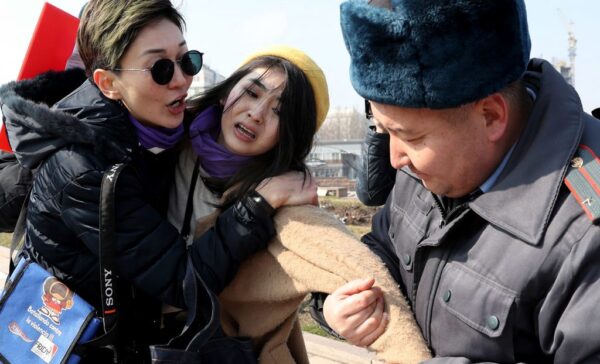
Moreover, activism involves living in a constant state of fear and anxiety. Those who engage in activism and advocate for important issues, such as gender equality, human rights, women’s rights, and the fight against sexual and gender-based violence, may face aggressive attacks. Uluk Batyrgaliev shed light on the particularly harsh attacks that individuals working on these topics endure. He has mentioned cases where activists were subjected to horrifying threats, such as suggestions of group rape and brutal violence involving objects like bottles and truncheons. These examples serve to emphasize the severity of the challenging environment in which activists often find themselves.
In addition, young activists encounter misunderstanding and prejudice not only from society but also from their close circle and family. This is due to the cultural peculiarities of Kyrgyzstan, as it is a patriarchal society where hierarchy is enshrined. Ageism and sexism are common here. While older men are at the top of the hierarchy, women and young people are practically deprived of visibility and the right to express their opinion. This usually leads young activists to burn out and retreat from their positions to avoid conflict and condemnation.

The role of youth and the contribution they make is impossible to assess since it takes decades to determine what trajectory young activists have set for the country’s development. Today, they are the vanguard not only of social movements in the country. Indeed, young activists in Kyrgyzstan mobilized resources, actively volunteered at hospitals, and supported the healthcare system during the pandemic as well. Uluk finds it incredible how Kyrgyz people rapidly mobilized their resources to provide humanitarian aid and accept refugees when Tajikistan invaded Kyrgyzstan. Kyrgyz civil society is well-organized in response to external challenges.
While the state is benefitting from the social impact of civic activism, it is crucial to acknowledge the political rights of its citizens. “The political rights that we have, this right to freedom of speech, this right to freedom of expression, the right to peaceful assembly, and the freedom of association are often violated. People are simply silenced,” Batyrgaliev notes. Both social and political rights are essential for the healthy functioning of a democratic society. He has hope that people would stop separating them, as they are indivisible and universal.
Due to the shrinking civic space and the pressure exerted by the authorities, as well as the lack of support among the majority of the population, the situation in civil society is rather alarming. Unfortunately, we are left to guess and hope that the state will not supplant the young, those who oppose systemic corruption and human rights violations. “I wish that the people who have no voices today, who have had their voices taken away, would be the ones who had the opportunity to speak loudly, and that we would listen to them. That is how I see a bright future for Kyrgyzstan,” shares Aizirek Erkebaeva.
Conclusion
In conclusion, the stories of young civic activists in Kyrgyzstan, such as Aizirek Erkebaeva, Aigerim Kazybaeva, and Uluk Batyrgaliev, illustrate the challenges and triumphs of civic activism in the country. Despite the risks they face in a patriarchal society, these activists have launched projects and initiatives to empower girls, increase transparency in elections and disseminate information about political rights and sexual and reproductive health rights. They emphasized the importance of inclusive participation and demonstrated that even small actions can lead to meaningful change. However, activists often face aggressive attacks, threats to their safety, and limited support from society and their own families. Nevertheless, these young activists remain resilient, mobilize resources, and volunteer support for their communities in times of crisis. Despite the challenges, the spirit of these activists offers hope for a bright future, where their silenced voices would be heard and their contribution to the society and democratic development of Kyrgyzstan would be recognized.
Works Cited
“Democratic Participation and Civic Engagement.” Democratic Participation and Civic Engagement: Friedrich-Ebert-Stiftung Kyrgyzstan Office, https://kyrgyzstan.fes.de/topics/democratic-participation-and-civic-engagement.
“Kyrgyz Republic.” ICNL, 14 Dec. 2022, https://www.icnl.org/resources/civic-freedom-monitor/kyrgyz.
“Supporting Conscious Civic Participation among Youth of the Kyrgyz Republic.” Friedrich-Ebert-Stiftung Kyrgyzstan Office, https://kyrgyzstan.fes.de/news/default-21c8c299bb
Ermatov, Gulzhigit. “Understanding Illiberal Sentiments of Kyrgyz Youth.” CAP Central Asia Program, Sep. 2016, https://www.centralasiaprogram.org/wp-content/uploads/2016/09/CAP-Papers-173-September-Gulzhigit-Ermatov-1.pdf.
Gaebee, Kgalalelo. “Kyrgyzstan: Mass Arrests of Government Critics in Escalating Crackdown on Dissent.” CIVICUS Global Alliance, 28 Oct. 2022, https://www.civicus.org/index.php/media-resources/news/6124-kyrgyzstan-mass-arrests-of-government-critics-in-escalating-crackdown-on-dissent.
Opindi, Merab. “Kyrgyzstan: Withdraw Draft Law Threatening Ngos.” CIVICUS Global Alliance, 18 Nov. 2022, https://www.civicus.org/index.php/media-resources/news/6160-kyrgyzstan-withdraw-draft-law-threatening-ngos.
Putz, Catherine. “What’s next for the Kempir-Abad Dissenters?” – The Diplomat, For The Diplomat, 11 Jan. 2023, https://thediplomat.com/2023/01/whats-next-for-the-kempir-abad-dissenters/.
KENESH, JOGORKU. “Draft Law “On Amending Certain Legislative Acts of the Kyrgyz Republic (Law of the Kyrgyz Republic ‘On Non-Profit Organizations’, Law of the Kyrgyz Republic ‘On State Registration of Legal Entities, Branches (Representative Offices)’, Criminal Code of the Kyrgyz Republic)” is submitted for public discussion from November 21, 2022.” The Draft Law “On Amending Certain Legislative Acts of the Kyrgyz Republic (Law of the Kyrgyz Republic ‘On Non-Profit Organizations’, Law of the Kyrgyz Republic ‘On State Registration of Legal Entities, Branches (Representative Offices)’, Criminal Code of the Kyrgyz Republic)” is submitted for public discussion from November 21, 2022 | Jogorku Kenesh of the Kyrgyz Republic, http://www.kenesh.kg/ru/article/show/9730/na-obshtestvennoe-obsuzhdenie-s-21-noyabrya-2022-goda-vinositsya-proekt-zakona-o-vnesenii-izmeneniy-v-nekotorie-zakonodatelynie-akti-kirgizskoy-respubliki-zakon-kirgizskoy-respubliki-o-nekommercheskih-organizatsiyah-zakon-kirgizskoy-respubliki-o-gosudarstvennoy-registratsii-yuridicheskih-lits-filialov-predstavitelystv-ugolovniy-kodeks-kirgizskoy-respubliki.

